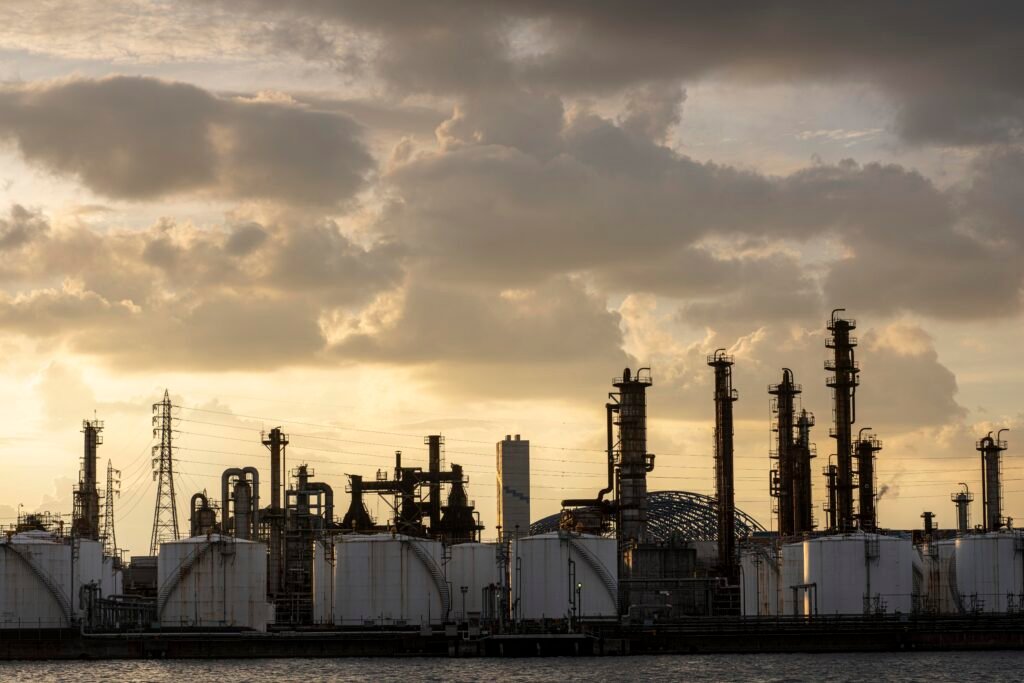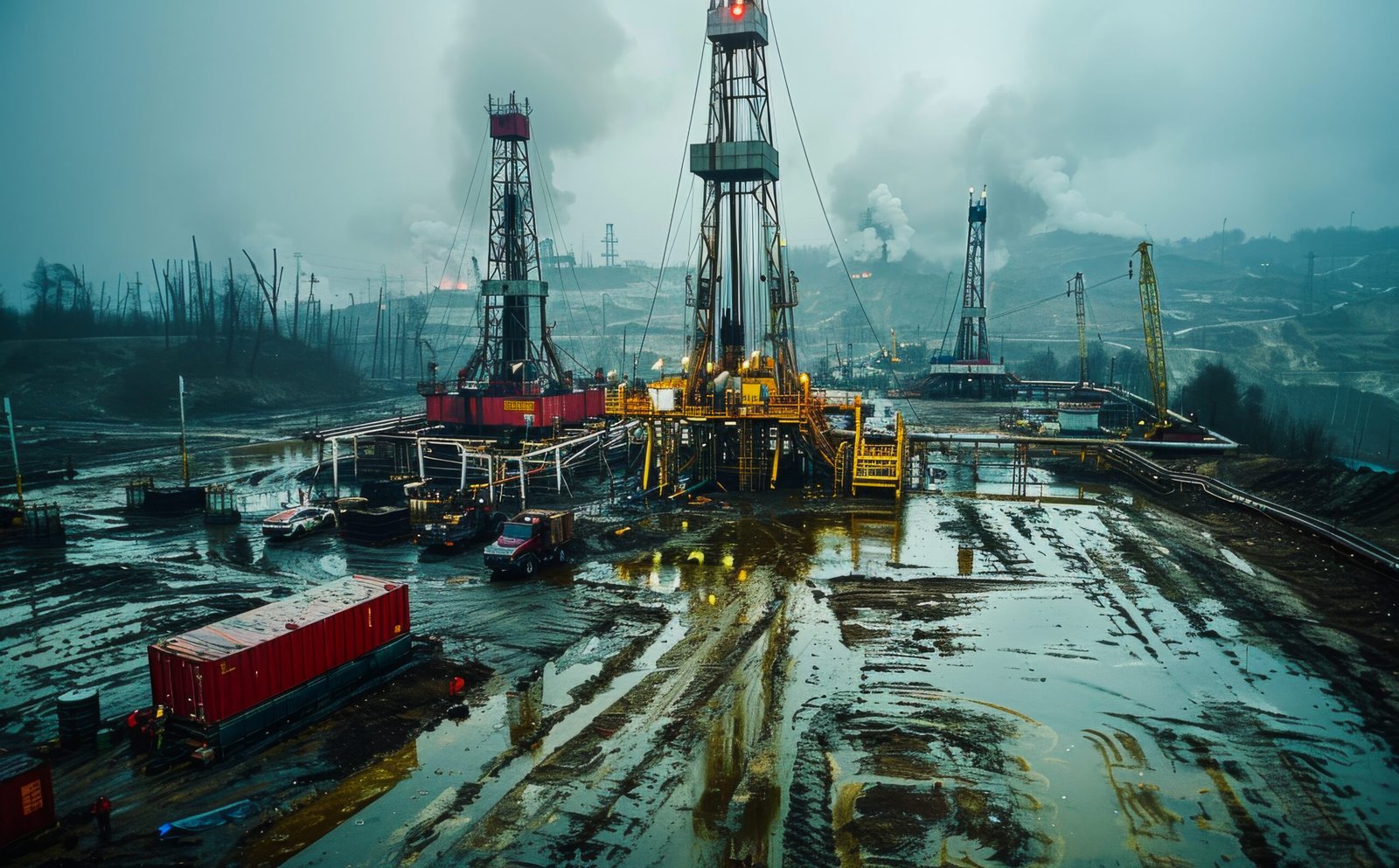Petroleum Production: The Lifeline of Modern Energy
Petroleum production is a complex and highly technical process that transforms raw crude oil from underground reserves into valuable fuels and products that power our modern world. This multifaceted operation involves exploration, extraction, refining, and distribution, ensuring a steady supply of energy to industries, homes, and transportation systems worldwide.
Exploration and Extraction
Exploration: The journey of petroleum production begins with exploration. Geologists and geophysicists use advanced techniques, such as seismic surveys and magnetic resonance imaging, to locate potential oil reserves deep beneath the Earth’s surface. These methods help create detailed maps of subsurface formations, identifying promising sites for drilling.
Extraction: Once a potential site is identified, the extraction process begins. This involves drilling wells into the earth to access the oil reservoirs. There are two main methods of extraction:
- Onshore Drilling: Conducted on land, onshore drilling uses rotary rigs to drill vertical or horizontal wells, reaching depths where oil is trapped.
- Offshore Drilling: Conducted in oceans and seas, offshore drilling uses specialized rigs, such as floating platforms and drillships, to access underwater oil reserves.
Advanced technologies like hydraulic fracturing (fracking) and directional drilling have revolutionized extraction methods, allowing for increased recovery rates and access to previously unreachable reserves.
Refining and Processing
Once crude oil is extracted, it is transported to refineries for processing. The refining process involves several stages:
- Distillation: Crude oil is heated and separated into different components based on boiling points, producing fractions like gasoline, diesel, and jet fuel.
- Cracking: Large hydrocarbon molecules are broken down into smaller, more valuable ones, enhancing the yield of desirable products.
- Reforming and Blending: Hydrocarbons are chemically altered to improve quality and performance. Various components are then blended to produce final products.
Modern refineries employ sophisticated technologies to maximize efficiency, reduce emissions, and minimize waste, ensuring the production of high-quality petroleum products.


Distribution and Consumption
After refining, petroleum products are distributed to markets worldwide. This involves an extensive network of pipelines, tankers, trucks, and railcars, ensuring timely and efficient delivery to end-users. Key petroleum products include:
- Gasoline: Used primarily as fuel for vehicles.
- Diesel: Used in transportation, agriculture, and industrial machinery.
- Jet Fuel: Essential for aviation.
- Heating Oil: Used for heating homes and buildings.
- Petrochemicals: Used as raw materials in the manufacture of plastics, synthetic rubber, and other industrial products.
Environmental and Safety Considerations
Petroleum production has significant environmental and safety implications. The industry prioritizes reducing its ecological footprint through:
- Advanced Technologies: Implementing cleaner extraction and refining processes.
- Spill Prevention: Utilizing state-of-the-art equipment and protocols to prevent and respond to oil spills.
- Emissions Control: Adopting measures to reduce greenhouse gas emissions and air pollutants.
Safety is also paramount, with strict regulations and continuous monitoring to protect workers and surrounding communities from potential hazards.
Economic Impact
Petroleum production is a major driver of the global economy. It creates jobs, stimulates technological innovation, and generates revenue for producing nations. The industry also supports various ancillary sectors, from transportation and construction to manufacturing and services.
Conclusion
Petroleum production is a vital and intricate process that underpins the global energy landscape. From exploration and extraction to refining and distribution, each stage is meticulously managed to ensure the efficient and sustainable supply of energy. As the industry continues to evolve with advancements in technology and a focus on environmental stewardship, petroleum production remains essential to powering progress and supporting modern life.

